The alliance intends to secure financing from Japanese organizations for two key projects which aim to transform steelmaking processes. Due to its dependence on traditional sources of raw materials such as iron ore and coal, India's steel sector struggles with excessive carbon emissions. Within this framework, India is encouraging the use of alternative sources, for example scrap, in order to deal with the increase in steel imports. Particularly in response to rising steel imports from China, it has introduced protective measures, including the imposition of import duties ranging from 8-12%.
Predictions indicate that India is on track to become the main importer of metallurgical coal by 2026. The integration of Japanese technologies is expected to lead to a significant reduction in CO₂ emissions. This includes initiatives to replace coke with hydrogen and integrate Carbon Capture, Utilization and Storage (CCUS) technologies.
The 'Super COURSE 50' project of Nippon Steel revealed a 22% reduction in CO₂ emissions and is targeting an additional 30% reduction by 2023. The Indian target is to achieve a 45% reduction in emissions by 2030, aligning with more sustainable global initiatives.
The SCOPE 21 project centers on improved coke-making techniques and promotes the use of non-coking coal to improve productivity. Despite India's steel industry parameters lagging behind global benchmarks, this presents opportunities for growth and compliance with international standards.
India's emissions reduction engagement includes a significant transition towards 1,500 GW of non-fossil fuel energy by 2030; emphasizes the integration of renewable energy into steelmaking; and aims to produce 5 million metric tons of green hydrogen.


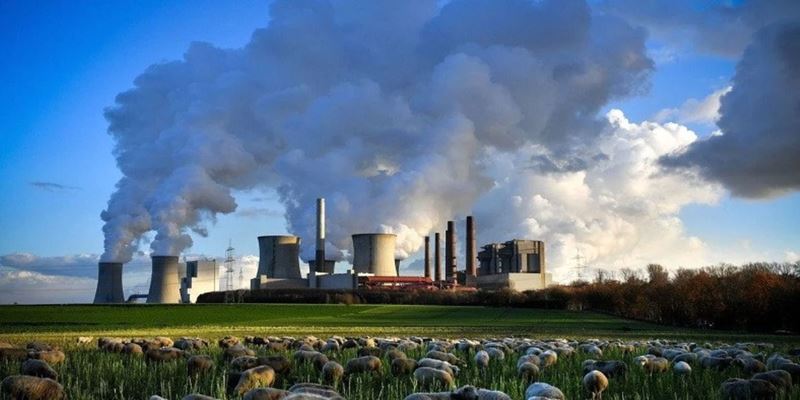

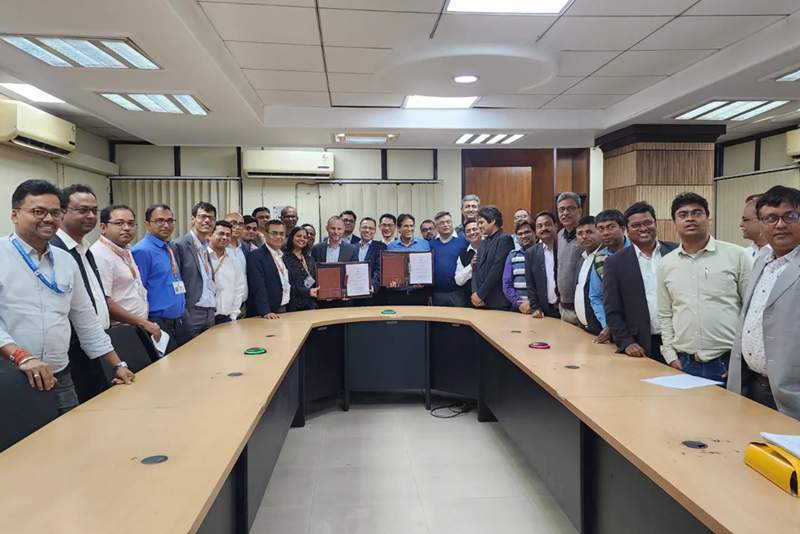
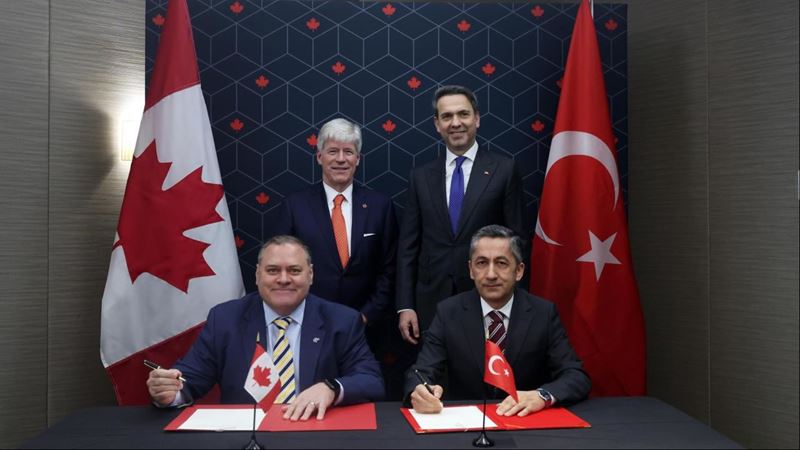
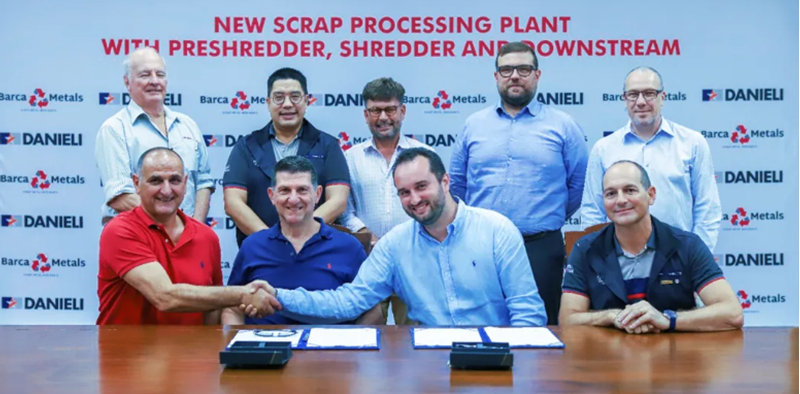
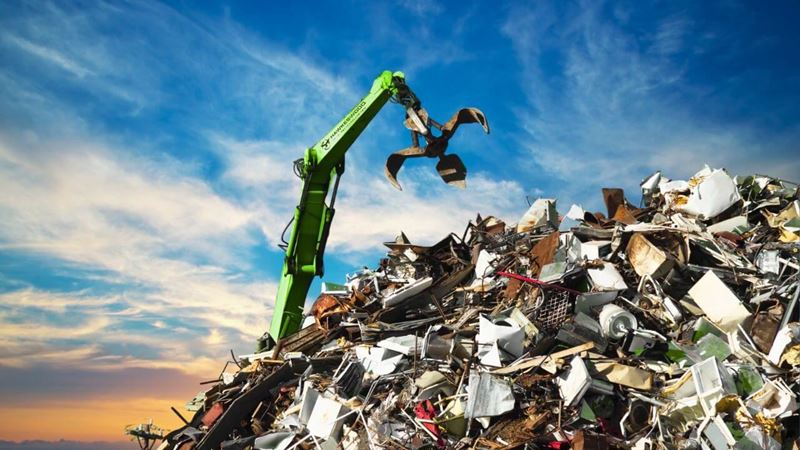



Yorumlar
Henüz yorum yapılmadı